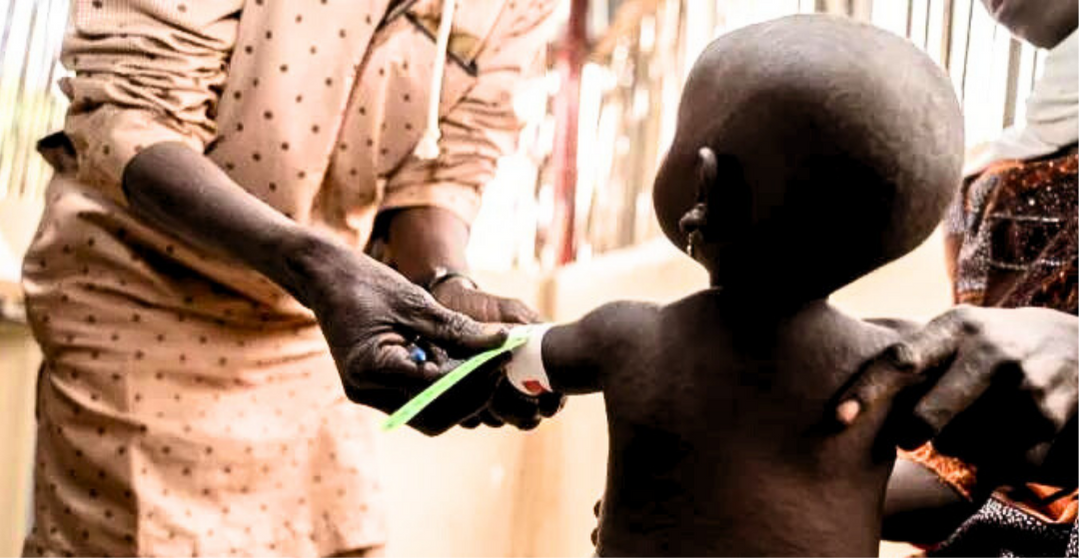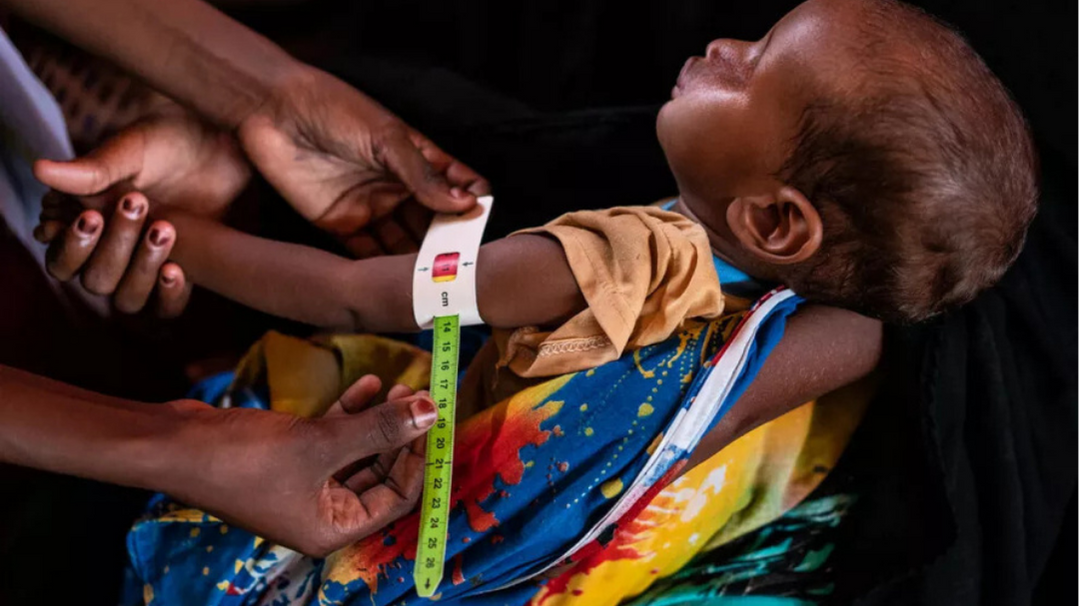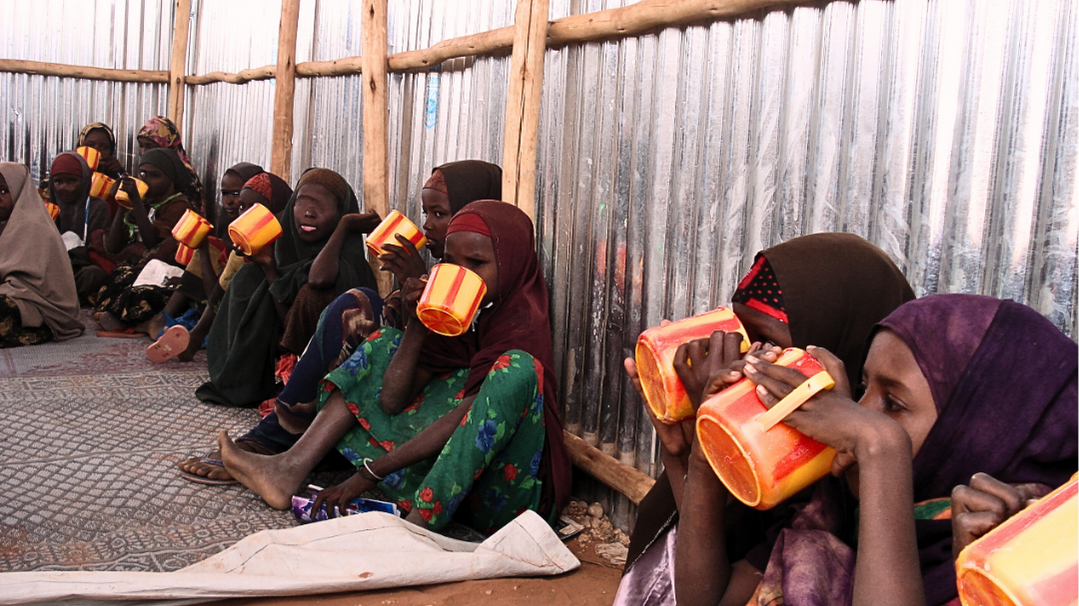IDTC's KAP Survey in Gedo Region for UNICEF's IMAM Project
In the challenging landscape of Gedo Region, Somalia, where communities grappled with the persistent threat of malnutrition, the Institute of Development and Training Consultants (IDTC) undertook a crucial project in collaboration with the United Nations International Children's Emergency Fund (UNICEF). This initiative, a Knowledge, Attitudes, and Practices (KAP) survey, was an integral component of the UNICEF-funded Integrated Mild and Acute Malnutrition (IMAM) project. The primary goal was to gain profound insights into the prevailing dynamics of malnutrition, enabling targeted interventions for improved child health outcomes.
Context of Malnutrition in Gedo Region
Gedo Region faced multifaceted challenges, including conflict, displacement, and climatic uncertainties, exacerbating the risk of malnutrition, particularly among vulnerable populations, such as children. Recognizing the severity of the situation, UNICEF partnered with IDTC to conduct a comprehensive KAP survey, seeking a nuanced understanding of the knowledge, attitudes, and practices related to nutrition in the region.
Project Objectives
- In-Depth Understanding of Local Dynamics: The KAP survey aimed to delve deeply into the local context, unraveling the intricate web of factors contributing to malnutrition. This included socio-cultural practices, dietary habits, healthcare-seeking behaviors, and community perceptions surrounding nutrition.
- Identification of Barriers and Enablers: By assessing the knowledge, attitudes, and practices of caregivers and community members, the project endeavored to identify both barriers and enablers to optimal nutrition. This knowledge formed the basis for designing interventions that resonated with the community's existing practices.
- Customized Intervention Strategies: Armed with insights from the KAP survey, IDTC collaborated with UNICEF to formulate targeted intervention strategies. These strategies were tailored to address specific gaps and challenges uncovered during the survey, ensuring a more effective and culturally sensitive approach to combat malnutrition


